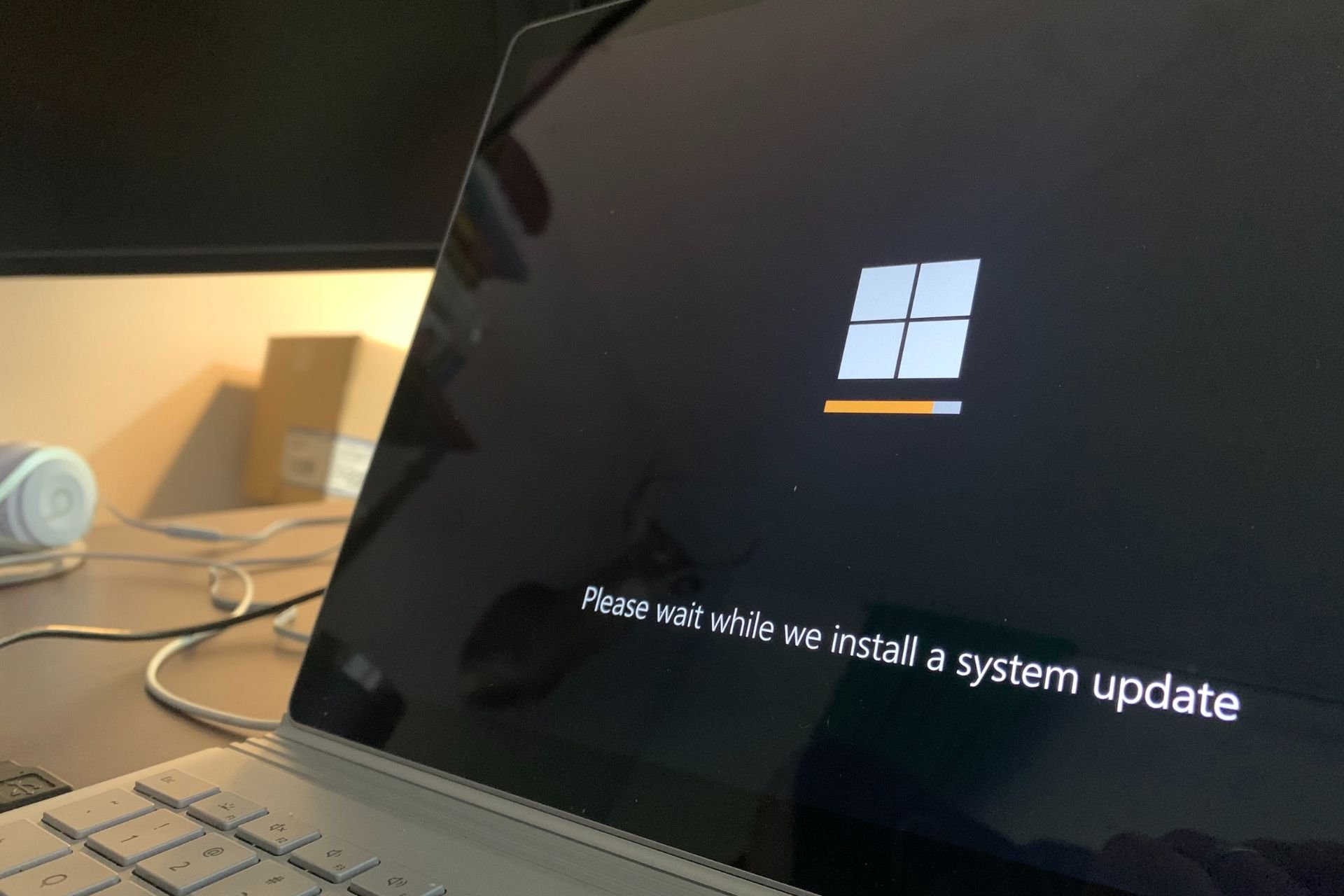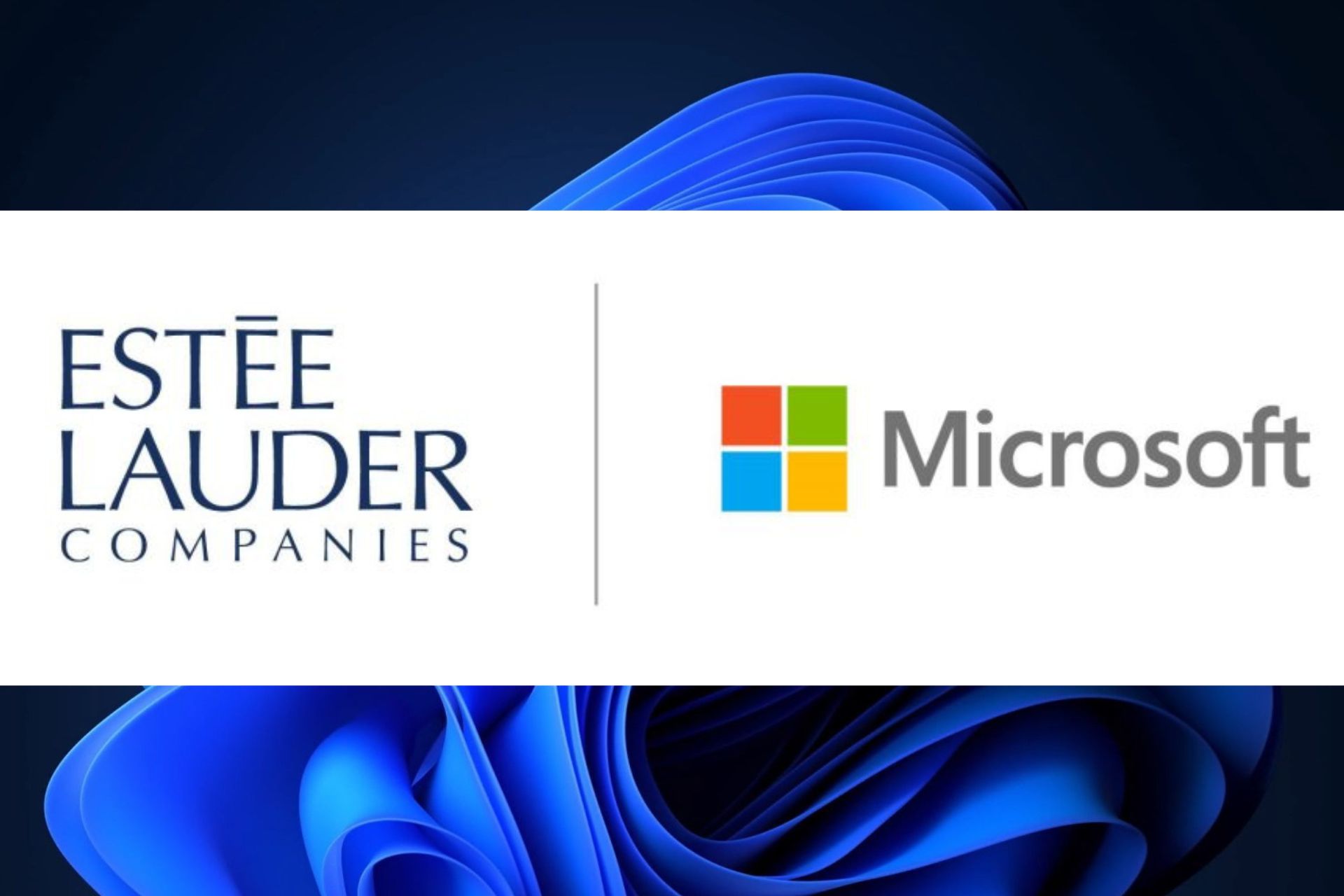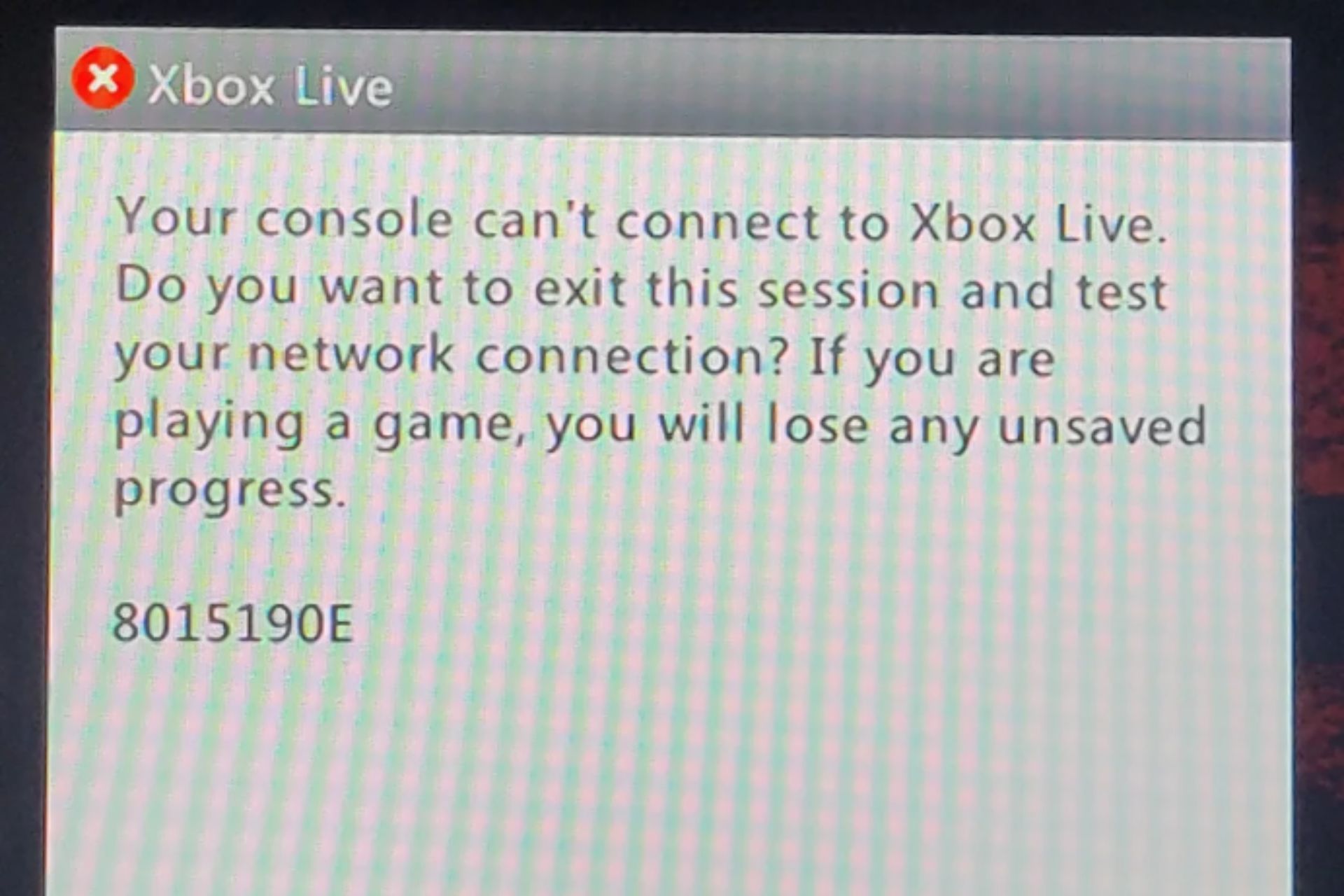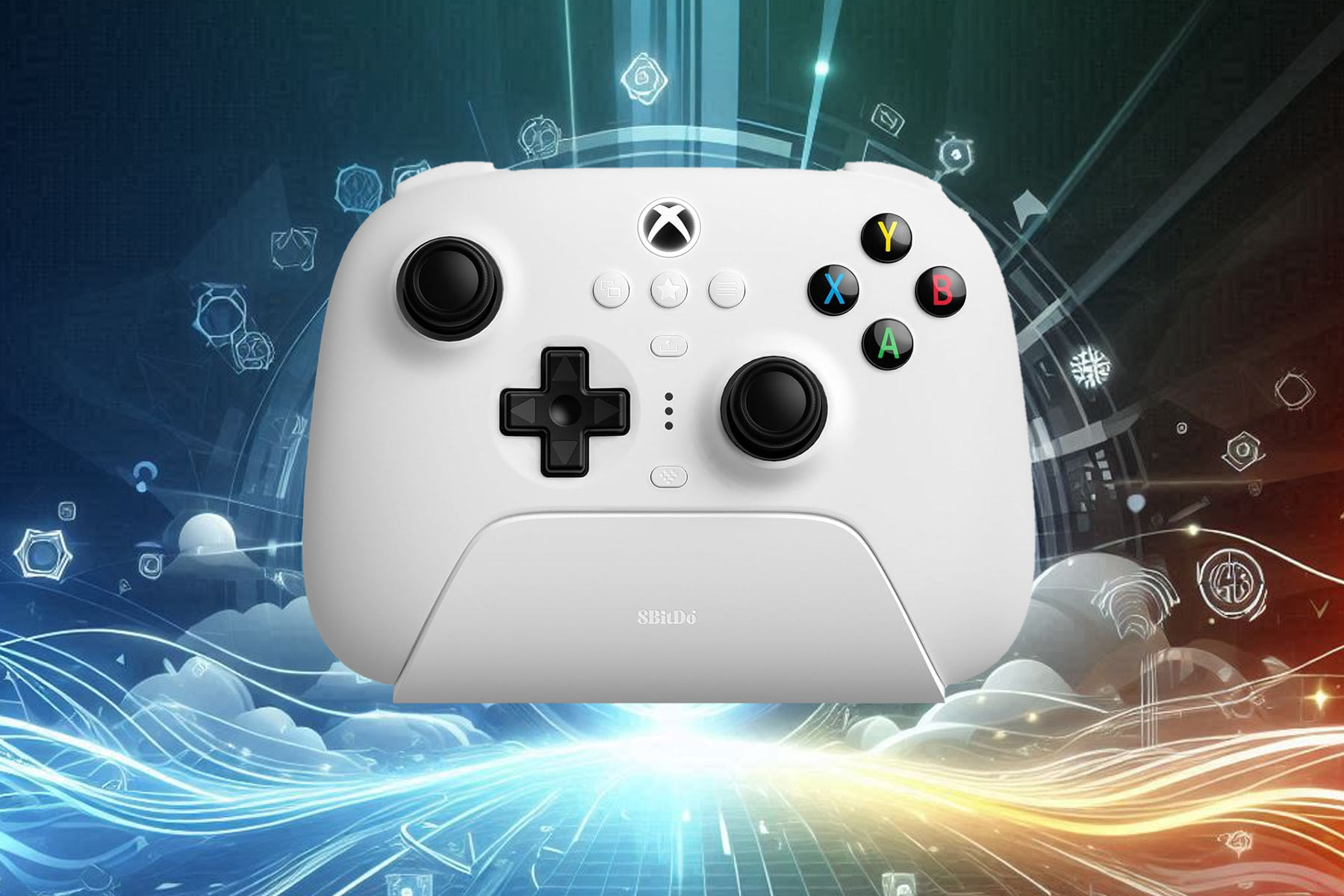Windows 11 VMs are incredibly slow on Xeon processors, compared to the Core ones, according to user
However, this is an unfair comparison.
4 min. read
Published on
Read our disclosure page to find out how can you help Windows Report sustain the editorial team Read more
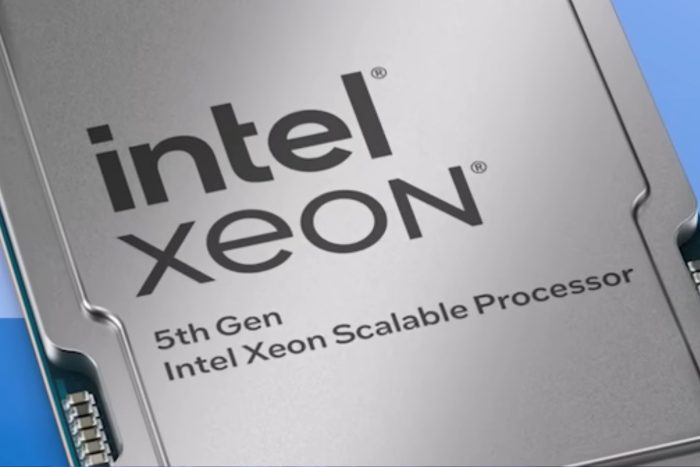
The Intel Xeon processors are lauded as being the right choice for servers and workstations due to their huge processing capabilities, while the Intel Core processors are more suitable for gaming PCs and productivity (the latest Surface laptops are sporting some performant Intel Core Ultra processors), and they’re perfect for devices such as desktops, or laptops.
However, this Reddit user found a hard truth: running Windows 11 VMs on Xeon processor-based servers turned out to be way slower compared to running the same Windows 11 VMs on Core processors.
I have been running Windows 11 VMs on proxmox running on a Dell desktop PC with no issues for a few years. I access them over RDP and they are just as responsive as if they were running on bare metal. Desktop specs:
– Dell XPS 8940 Core i7-10700 (16 cores); 64GB RAM; Proxmox installed on nvmE; VMs installed on SATA SSD; Proxmox 8.1.4; all EXT4 partitions.
I have now obtained an HP tower server, installed proxmox on it, and have migrated some of the VMs over to it. However, with the same configuration, it is noticeably laggier. Mouse movements are fine, but opening applications is slower, it takes longer for context menus to appear after right click, scrolling within applications is laggier, etc. It’s borderline unusable. The specs of the server are:
– HP ML350 G9; 2x Xeon E5-2699 v3 (36 cores each, 72 total); >200 GB RAM DDR4; HBA card with Enterprise SATA SSDs; proxmox installed on one SSD and VMs installed on another; Proxmox 8.1.4; All EXT4 partitions.
Reddit user
The user tried everything before realizing that the lag might be caused by the Xeon processors themselves:
I have tried changing the following with no improvement:
– CPU type (Host, kvm64, x86-64-v2-AES). All perform flawlesly on the desktop but are laggy on the server.
– Increased the RAM allocated to the VMs.
– Tried a different HBA card
– Tried a different SSD (including the same one from the desktop)
– Increased RAM allocated to each VM.
– Increased cores allocated
– Decreased cores allocated (in case it was a CPU scheduling issue)
I’m starting to wonder whether it has something to do with the processor. The desktop i7 has a built in GPU and the Xeon doesn’t. I haven’t passed through GPUs to the VMs, but I’m wondering if the i7 GPU is somehow helping for GUI-based VMs like Windows which the Xeon cannot do.
Reddit user
At quick research, it would be quite unfair to discredit the whole Intel Xeon series. Why? Well, in this case, it’s good to know that the Xeon E5-2699V3 processor was released in 2014, so 10 years ago. The other one, the Intel Core i7-10700 was released in 2020, 4 years ago.
With 6 years apart, the two processors cannot compete, even if in theory, the Xeon E5-2699V3 could be capable of running Windows 11: the processor has 18 cores, 36 threads, and a Max Turbo Frequency of 3.60 GHz.
A server of the scale presented by the user would be quite suitable for Windows 10 VMs, but to run Windows 11 VMs as proper parameters, newer Xeon processors, such as the ones from the 5th generation, would be preferable.
Otherwise, it’s not a fair comparison by any means, and other Reddit users agree:
Your Xeon is a 2014 CPU with a max core clock of 3.6GHz. The i7 is from 2020 and has a max clock of 4.8GHz. On top of the clock speed difference, there are also IPC improvements that come from the multi-generational gap.
Sure the Xeon has more cores, but each core is considerably slower. You’re noticing this difference in single-core performance.
Reddit user
Yeah, that Xeon was launched 10 years ago, and it is clocked slower because it has to many cores. It is not a fair a comparison by any means.
Reddit user
What do you think of this comparison?

